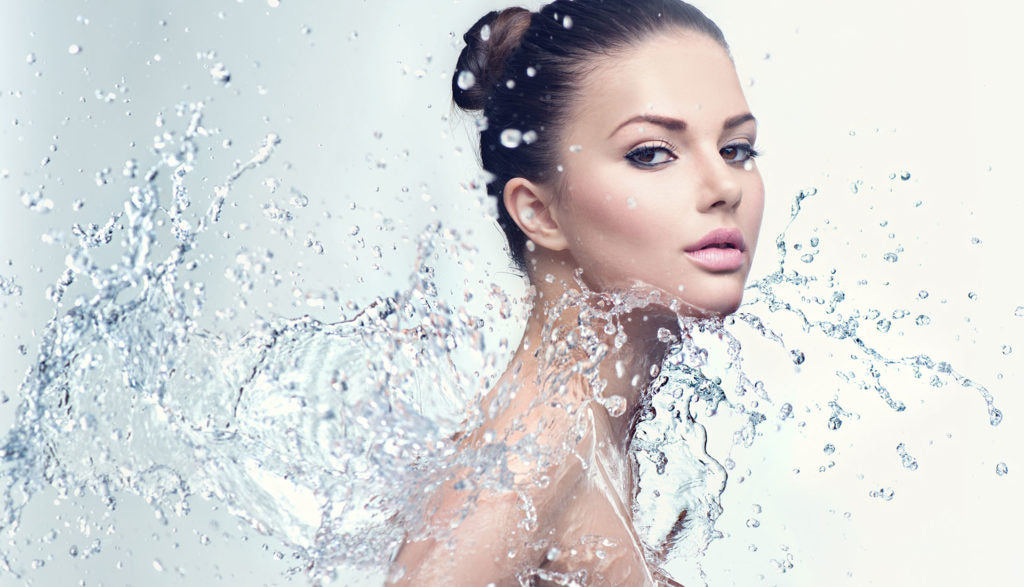Spas and jacuzzis, an invitation to relax and unwind, have become essential elements in the quest for well-being in France. These oases of tranquility offer much more than just a warm bath experience. In this article, we explore how the growing use of spas and jacuzzis in France influences our daily lives and contributes to our physical and mental health.
1. The Boom of Private Spas: Accessible Luxury
In recent years, private spas have grown in popularity in France, offering individuals the opportunity to transform their personal space into a sanctuary of well-being. From outdoor jacuzzis to spa baths, this equipment has become affordable and accessible to a wider audience. The French are increasingly adopting this trend to create relaxation spaces in their homes worthy of the best wellness centers.
2. The Home Spa: An Investment in Family Well-Being
Installing home spas is seen as an investment in family health and well-being. The physical and psychological benefits of hydrotherapy are well documented, and French families are increasingly seeking to integrate these benefits into their daily lives. Moments shared in a family hot tub create treasured memories while promoting relaxation and connection.
3. Physical Benefits of Hydrotherapy
At the heart of the spa experience is hydrotherapy, which involves the use of water at different temperatures to relieve physical ailments. The water jets and bubbles of the jacuzzis provide a gentle massage that stimulates blood circulation, relieves tense muscles and helps reduce joint pain. In winter, the spa becomes a warm refuge, offering a comforting break from the harsh climate.
4. Spas and Tourism: A Winning Combination
The thermal regions of France, renowned for their waters rich in minerals with curative properties, attract lovers of well-being and relaxation. Thermal establishments offer a complete experience, combining the benefits of hydrotherapy with traditional spa treatments. Thermal tourism is on the rise as visitors seek to benefit from the revitalizing properties of thermal waters.
5. Well-being and Mental Health: Inseparable Link
The use of spas in France extends beyond physical benefits to encompass mental health. Spa sessions are considered moments of disconnection, allowing individuals to escape from daily stress. The calming environments and relaxing effects of hydrotherapy help reduce anxiety, promoting mental balance.
6. The Rise of Urban Spas: Escape to the City
Urban spas are also gaining popularity in French cities. These establishments offer relaxation spaces in the heart of urban hustle and bustle, allowing city dwellers to escape without leaving the city. Urban spas offer a diverse range of treatments, from hot baths to massages, providing a welcome escape for those looking to recharge without straying from their daily routine.
7. Spas and Social Events: A Place of Conviviality
Spas also become places of conviviality. Spa evenings with friends or couples are becoming a trend, providing an expansive atmosphere for socializing while enjoying the benefits of hydrotherapy. These social events highlight the growing role of spas as places to meet and relax.
Conclusion
The use of spas and jacuzzis in France has evolved over the years, going from a luxury experience to an essential component in the quest for well-being. Whether at home, in thermal centers or urban spas, these relaxation spaces offer a multitude of physical and mental benefits. Hydrotherapy, associated with conviviality and the search for moments of calm, continues to shape the way the French integrate relaxation into their daily lives. Ultimately, spas and jacuzzis in France are much more than just a relaxation amenity - they embody a philosophy of life focused on health, happiness and balance.



